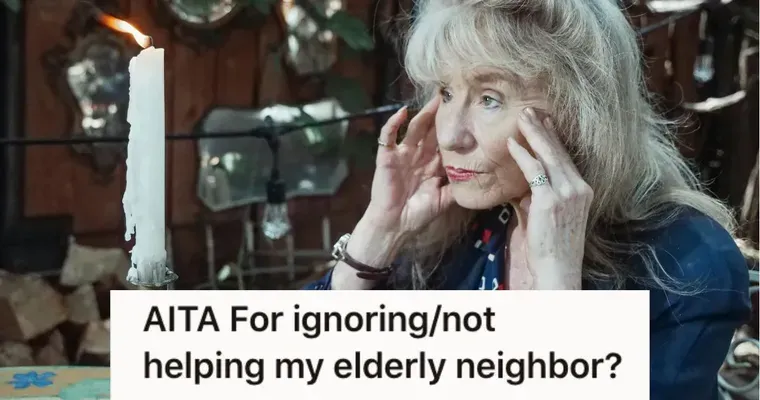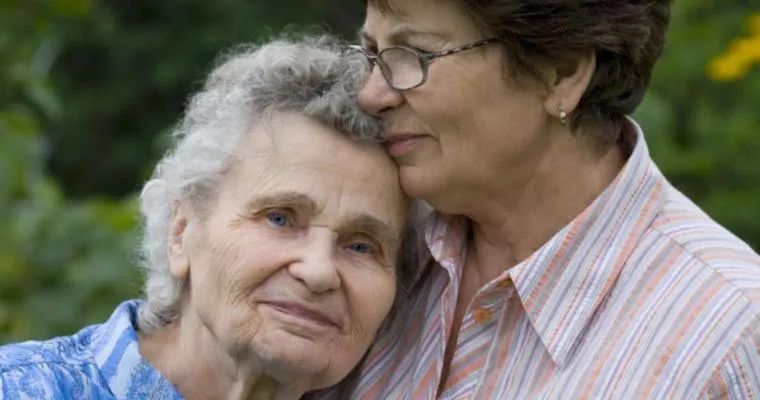If you have a "neighbor" in her "80s" who is experiencing worsening "dementia" and has no family to support her, it is crucial to take action to ensure her safety and well-being. This situation can be concerning not only for her but also for those in the community who care about her welfare. Here are some steps you can take and important contacts you should consider to help your neighbor during this challenging time.
Understanding Dementia
Dementia is a progressive neurological condition that affects memory, thinking, and behavior. It is important to understand that individuals suffering from dementia may exhibit confusion, difficulty in communication, and changes in mood or behavior. These symptoms can make it challenging for them to manage daily tasks independently.
Assess the Situation
Before taking any action, assess your neighbor's situation. Is she able to manage daily activities such as cooking, cleaning, and personal care? Is she safe in her home? Observing her daily routines will help you determine the level of assistance she may require.
Contact Local Authorities
If you believe your neighbor is at immediate risk or unable to care for herself, it is essential to contact local authorities. You can reach out to the following:
1. "Adult Protective Services (APS)": This agency is responsible for investigating reports of elder abuse or neglect. They can assess your neighbor's living conditions and provide necessary interventions.
2. "Local Law Enforcement": If there is an immediate safety concern, do not hesitate to contact the police. They can perform a welfare check to ensure your neighbor is safe.
3. "Emergency Services": In case of a medical emergency, calling 911 is vital. If your neighbor is disoriented or unable to communicate effectively, emergency personnel can provide immediate medical assistance.
Reach Out to Community Resources
Many community organizations offer support services for seniors, including those with dementia. Consider contacting:
1. "Senior Centers": Local senior centers often provide resources, activities, and support for elderly individuals. They may also connect you to social workers who can provide guidance.
2. "Dementia Support Organizations": Organizations such as the Alzheimer’s Association offer resources, support groups, and educational materials for caregivers and families. They can guide you on how to assist your neighbor effectively.
3. "Home Health Care Agencies": If your neighbor requires assistance with daily tasks, a home health care agency can provide trained caregivers to help her maintain her independence and safety at home.
Legal Considerations
If your neighbor is unable to make decisions for herself, it may be necessary to consider legal options such as:
"Power of Attorney": This legal arrangement allows someone to make decisions on behalf of your neighbor if she is deemed incapable of doing so.
"Guardianship": In more severe cases, seeking guardianship through the court may be necessary to ensure her needs are met.
Talk to Neighbors and Friends
Engaging with other neighbors and friends can create a support network for your elderly neighbor. They may share similar concerns and can assist in monitoring her well-being. Regular check-ins from multiple individuals can provide social interaction and emotional support for her, which is vital for her mental health.
Conclusion
Caring for a neighbor with dementia can be challenging, especially when they have no family to rely on. By taking the steps outlined above, you can help ensure that your neighbor receives the support and care she needs. Remember, reaching out to local authorities, community resources, and legal professionals can make a significant difference in her quality of life. Your compassion and willingness to help can provide her with the safety and comfort she deserves.





